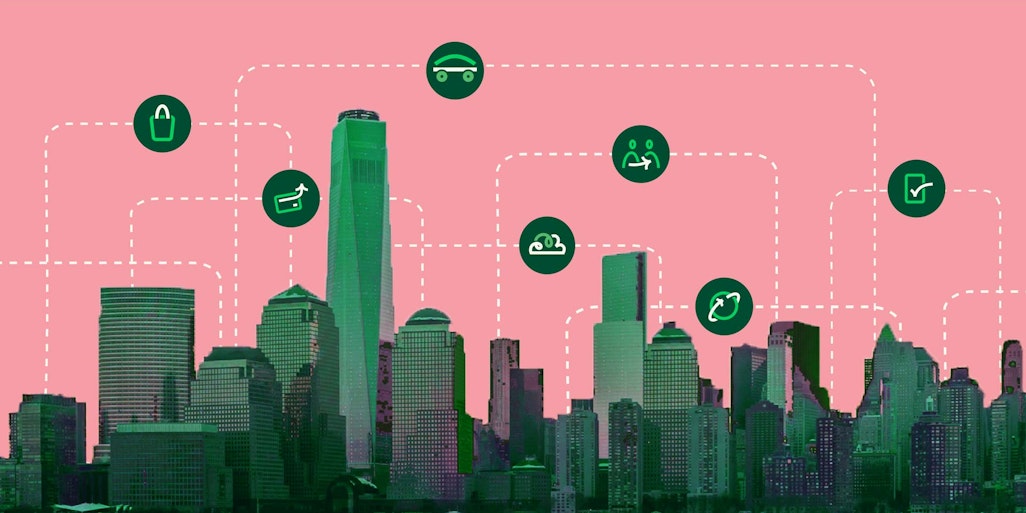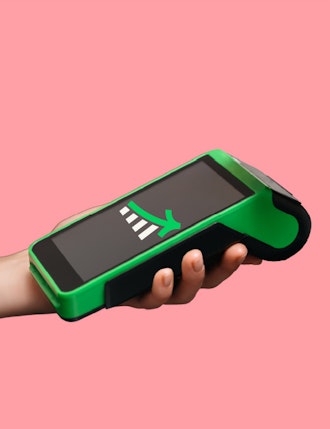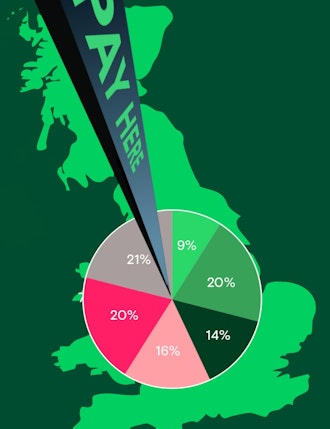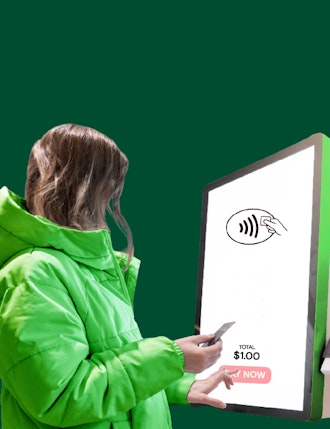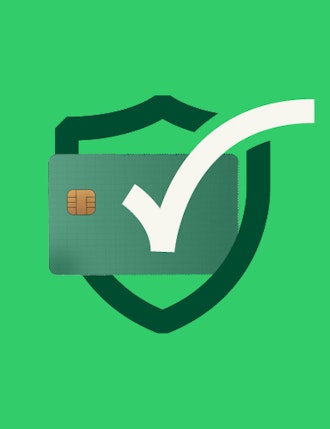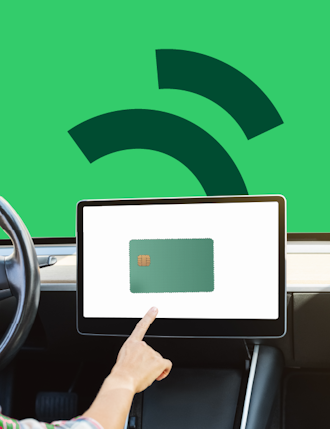Key Insights
-
Smart payments power smart cities by enabling smooth digital transactions across public transport, energy, and retail services, ensuring interconnected systems run smoothly.
-
SmartPOS unifies payment touchpoints, allowing fast, secure payments across devices like mobile wallets and cards, essential for cashless city environments.
-
In Person Payment Orchestration (IPPO) ensures smooth payment integration by connecting all payment methods across city services, keeping real-time transactions flowing for efficient urban life.
- Future innovations in payments will see biometric payments, blockchain, and real-time data insights further improve city efficiency and sustainability.
Don't have time to read more now? Sign up to our newsletter to get the latest insights directly in your inbox.
Smart cities - those hyper-connected, data-driven urban environments – might sound like a futuristic concept, but they’re closer to home than you think. Transforming how we live and work, smart cities have one critical piece at the center of them all: payments. But how exactly do payment technologies help smart cities function, and where might they take us next?
What makes a city "smart"?
Smart cities rely on interconnected systems, where everything from public transport to local businesses is connected through the Internet of Things (IoT). In this environment, smart payments are the backbone of smooth operations. Whether it's tapping to pay for a bus ride or quickly purchasing a ticket to a regional theater performance, these embedded payments keep the city running efficiently.
Take Porto, Portugal, for example, a pioneer in contactless transit payments. Their use of an open-loop EMV contactless system allows commuters to tap and travel with ease, similar to systems in cities like London or New York. The introduction of this system has significantly reduced queuing times and streamlined operations. Embedded payment solutions in physical retail, like tap-to-pay at local stores, are also making everyday transactions faster and more convenient for residents and visitors alike.
What is smart payment?
Smart payment refers to digital transactions that are designed to be fast and secure, often through contactless, mobile, or biometric methods. In smart cities, this means that every touchpoint, from public transportation to energy management, relies on digital payment systems to function smoothly.
What is smartPOS?
SmartPOS, therefore refers to the advanced, versatile point-of-sale systems that enable smart payments to be processed quickly and securely across various devices and locations.
Think of SmartPOS as the brain connecting different payment touchpoints (credit/debit cards, digital wallets like Apple Pay or Google Pay, or QR codes) to a secure network that processes the transaction. Whether you're grabbing a coffee, or charging your electric vehicle, SmartPOS ensures the transaction happens quickly and securely, usually with digital receipts or notifications. And with cities adopting more cashless systems, this technology becomes even more important, which makes it unsurprising that the market for POS systems is projected to hit $130 billion by 2027.
Our very own smartPOS solutions are part of this shift, making sure that payments happen faultlessly and unify across various platforms and devices.
IPPO and the unification of payments
IPPO, or In-Person Payment Orchestration, is what brings together all the different ways we pay in a smart city. It doesn’t matter if it’s a mobile app, a contactless card, or a smart device, IPPO makes sure every payment method is instantly recognized and processed across the city's services, including public transport to retail. It’s not just another layer of tech; it’s what keeps transactions flowing in real-time, so the city keeps moving as fast as its people.
In a smart city, payments need to be frictionless. IPPO is what ensures that behind the scenes, everything works without a hitch. As cities expand and rely more on connected technologies, IPPO will continue to unify these systems, keeping urban life efficient and responsive.
“As urban environments become more digital and connected, the role of IPPO becomes even more critical. It enables a frictionless user experience, ensuring that payments happen in real time, keeping up with the fast pace of modern city life. In the evolving smart city landscape, IPPO is what ensures that every service remains interconnected, efficient, and responsive to the people who rely on it.”
Where do smart payments go from here?
So, what’s next for smart cities and smart payment technologies? We expect innovations like biometric payments and blockchain integration to gain even more traction. Some cities are already experimenting with biometric payments, such as facial recognition, to make transactions even smoother.
According to experts, digital wallets are set to dominate urban transactions, growing by 24% over the next few years.
Looking further ahead, smart cities will likely rely more on data-driven insights from payment systems to optimize services. Real-time data can help improve traffic management and reduce congestion, as well as contribute to better energy consumption strategies, making cities more sustainable and efficient.
For more on how we at Aevi use our SmartPOS and payment solutions to power the future of smart cities, check out our solutions.
